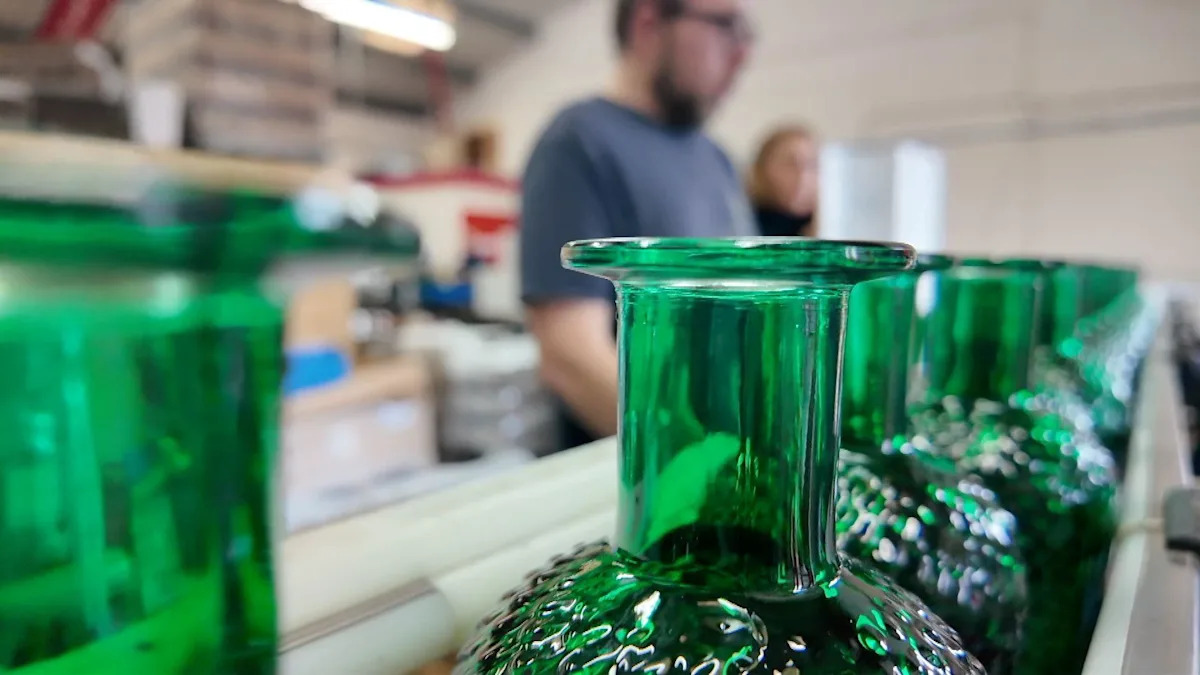Home / Business and Economy / Glass Bottle Producers Facing Hefty Bills Under New Recycling Scheme
Glass Bottle Producers Facing Hefty Bills Under New Recycling Scheme
14 Oct
Summary
- Drinks makers claim plastic is cheaper than glass under new EPR scheme
- Isle of Wight Distillery facing £80,000 annual bill for glass bottles
- Garlic Farm bracing for five-figure EPR invoice

As of October 2025, companies using glass bottles and jars are facing significant bills under a new Extended Packaging Responsibility (EPR) scheme introduced to reduce waste. The first invoices under this scheme are being issued this month, and the charges are proving to be a major burden for some businesses.
According to the article, the EPR scheme is based on the weight of packaging, and this has led some drinks manufacturers in the South to claim it would be cheaper to use plastic instead of glass. The Isle of Wight Distillery, which produces around 500,000 bottles of Mermaid Gin annually, is expected to pay approximately £80,000 per year under the new scheme. The company's Compliance and Sustainability Manager, Charity Parker, expressed disappointment, stating that the distinctive glass bottles were designed to be reused and contribute to the circular economy.
The Wine and Spirits Trade Association has also voiced concerns, stating that the drinks industry is being disproportionately affected by the EPR scheme, with the cost for glass being roughly 8 times higher than other European schemes. The Garlic Farm, a local producer on the Isle of Wight, is also bracing for a five-figure bill as the EPR invoices begin to be sent out.
Despite the challenges, the Department for Environment Food and Rural Affairs (Defra) maintains that the EPR scheme is a critical step towards creating a circular economy. The scheme is expected to generate over £1 billion annually for councils to improve recycling collections, ultimately benefiting every household across England. However, for some businesses, the additional costs on top of recent National Insurance increases are proving difficult to manage.




